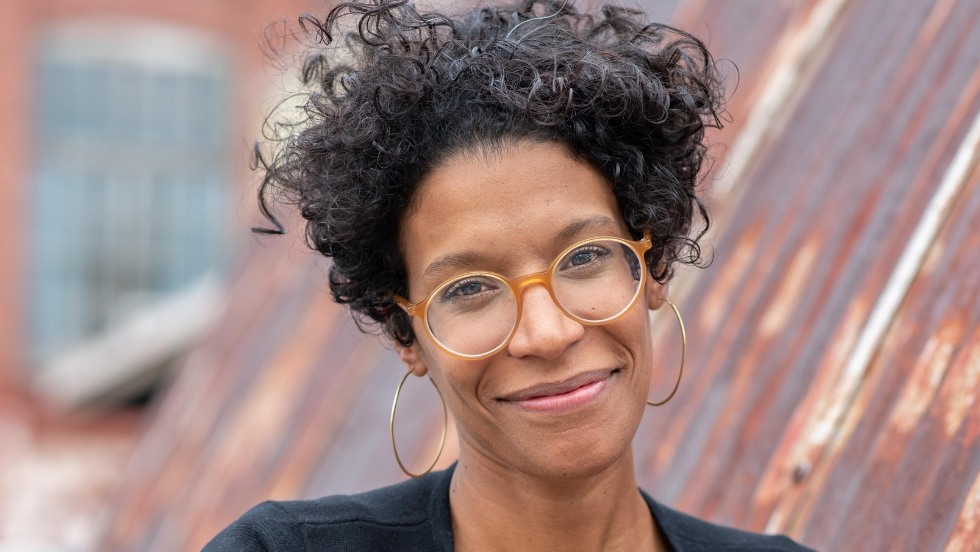Emily Owens is an Associate Professor of History who teaches about U.S. slavery, the legal history of race and sexual violence, and the intellectual history of American feminisms. In this spotlight, she discusses what Women's History Month means to her and her research.
"As a historian of women, women's history month often sort of passes me by, because for me every month is women's history month. That said, the urgency of telling women's history—in its full complexity—is on my mind. One thing that history shows us is that the word ‘women' meant lots of different things over different times and places. Who was included in the word ‘women’ could change depending on someone's race or class, and whether that category was a mark of protection, or one that made a person more vulnerable to harm, had everything to do with when and where it was being used.
